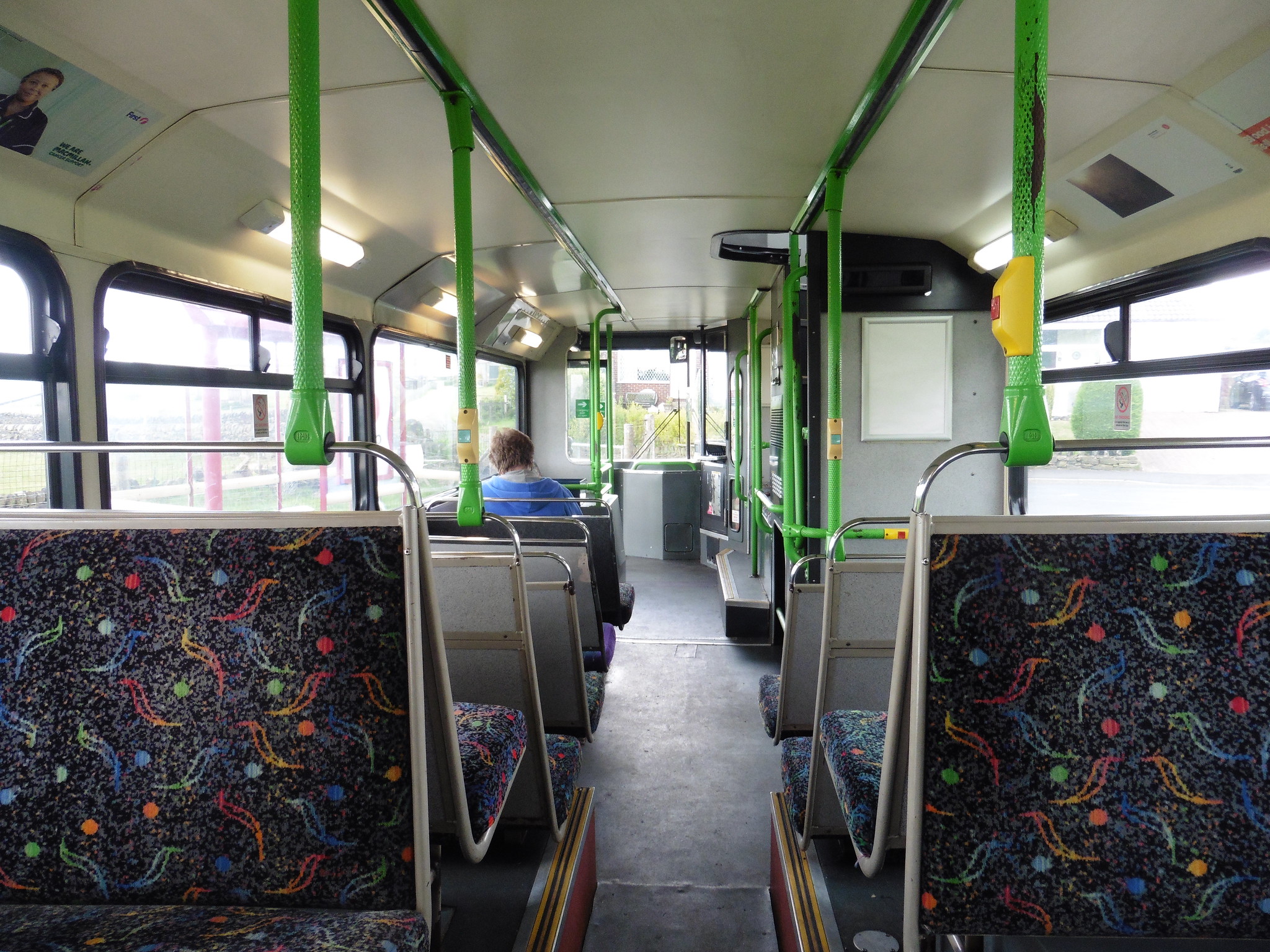MPs have announced that the bus, which is Britain’s most popular form of public transport, is in ‘steady decline’ due to uncoordinated, fragmented government policy and local funding. To solve this issue, the cross-party Transport Select Committee has called on the Government to create a single national bus strategy, as for rail and strategic roads investment, to help local authorities improve services and increase passenger numbers.
The Committee called for a national bus strategy for the network outside London where the market is still regulated by the end of 2020. This should:
- Set out plans for making the full suite of operating models, including franchising and the ability to create new municipal bus companies, available equally to all local authorities with guidance on each;
- Describe a more stable multi-year funding model for local transport, including bus services, with clear strategy and details of bid-for funding;
- Assess the evidence for the effectiveness of bus priority measures and provide information on good practice;
- Set and track targets for modal shift and provide a framework to provide guidance for local authorities to encourage people to get out of their cars and onto buses.
“The Committee rightly calls for the funding of bus services to be reformed. Any strategy would have to be backed by adequate resources and find a fully funded long-term solution to concessionary fares, which are underfunded by at least £652 million a year. Ahead of the forthcoming Spending Review, government needs to give councils control over the Bus Service Operators’ Grant, and properly fund national free bus pass schemes, if councils are to maintain our essential bus services, reduce congestion and pollution, and protect vital routes,” said Cllr Martin Tett, transport spokesman for the Local Government Association.
Although the national rail and road works have a five year funding plan; not much seems to be done for buses. Since 2010/11, more than three thousand bus routes in England have been reduced, altered or withdrawn and nearly three in every five journeys by public transport in Great Britain were taken by bus in 2017/18.
The funding mainly comes through passengers but the Government, through a variety of mechanisms, provides more than 40% of bus funding.
The Government has previously tried to reform the bus market using the Bus Services Act, to help councils introduce regulated franchising as in London, but the process is complex and costly. It involves a full and independently audited assessment under guidance from the transport secretary. However only mayoral combined authorities can draw up the assessment without express permission from the transport secretary in the first place.












